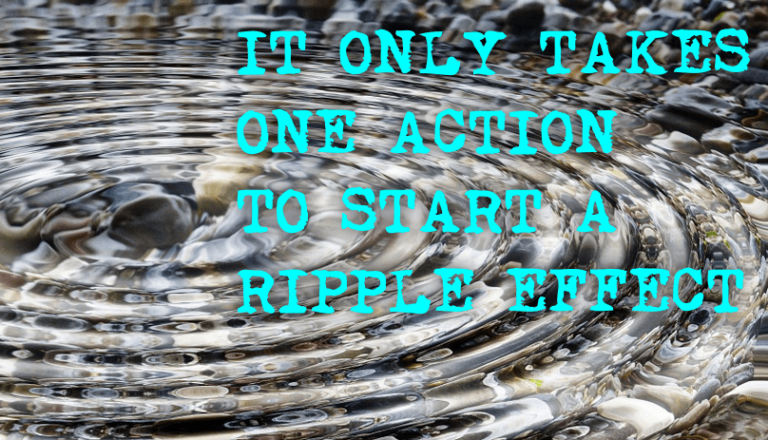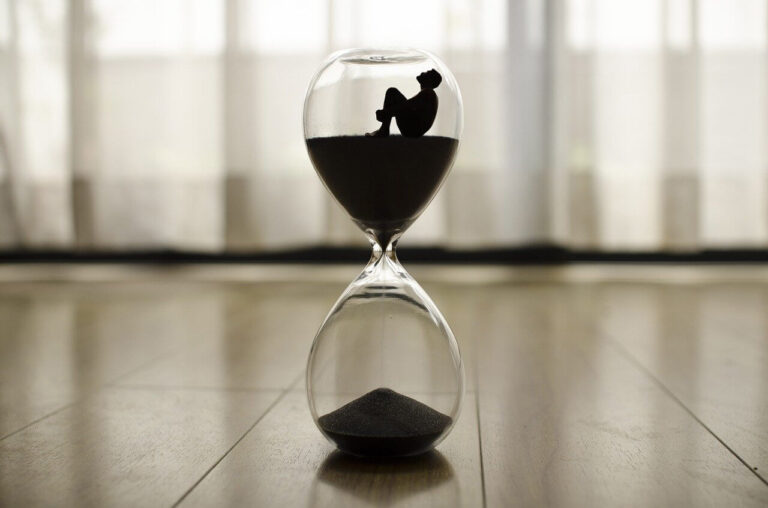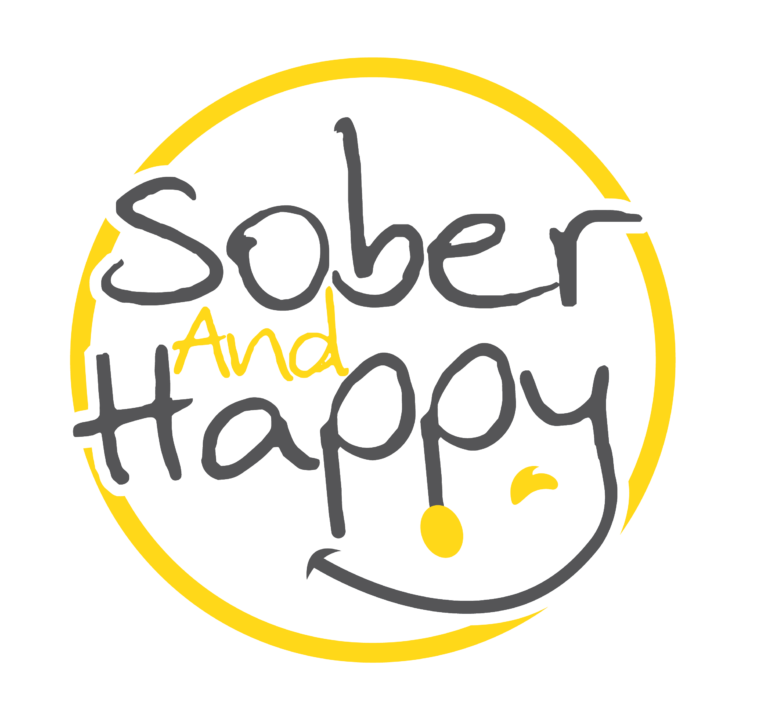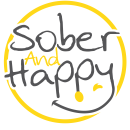

Tim Phillips
I love sharing my journey from being hopeless, to getting sober, to learning how to eventually be both sober and happy. to learning how to eventually be both sober and happy.

It was supposed to be a night of celebration. Five years of sobriety—what an accomplishment! I stood in front of my AA home group, listening to my sponsor say kind words about my journey, and then I took my turn to inspire hope in the newcomers.
Yet, as I sat down, clutching my five-year chip, an unsettling truth washed over me: I was the most miserable I’d ever been in sobriety. Despite my outward smile, inside, I was stuck, frustrated, and emotionally lost—a classic case of being a “dry drunk.”
If you’ve spent any time in the recovery community, you’ve likely heard the term “dry drunk.” It’s often used to describe someone who’s quit drinking but hasn’t addressed the underlying emotional and behavioral patterns that fueled their addiction.
In this blog, we’ll explore what it means to be a dry drunk, identify common warning signs, and outline actionable steps to move from being stuck in emotional stagnation to living a life that’s both sober and genuinely happy.
A dry drunk is someone who has quit drinking but hasn’t addressed the emotional pain, unhealthy behaviors, or unresolved traumas that contributed to their addiction. At five years sober, I found myself seeking validation from others, numbing my emotions with unhealthy habits, and feeling trapped in negativity.
Being a dry drunk isn’t a failure—it’s a sign that deeper healing is needed. By recognizing the warning signs, taking accountability for your actions, and being willing to face your emotions, you can break free from emotional stagnation.
Sobriety isn’t just about quitting drinking; it’s about building a life that feels genuinely fulfilling. With time and effort, you can move from simply being sober to being truly sober and happy.
Are you ready to break free from being stuck and embrace a life of happiness and growth? This week, take a moment to reflect on any signs of a dry drunk you might be experiencing. Start by journaling your thoughts, reaching out for support, or trying something new to address the underlying emotions holding you back.
For more insights, listen to the full episode of the Sober and Happy Podcast. Together, we can continue to heal and grow.

I love sharing my journey from being hopeless, to getting sober, to learning how to eventually be both sober and happy. to learning how to eventually be both sober and happy.




Join our mailing list to receive the latest news and updates from our team.






Copyright © 2023 by Sober and Happy. All rights reserved.

Join our mailing list to receive the latest news and updates from our team.